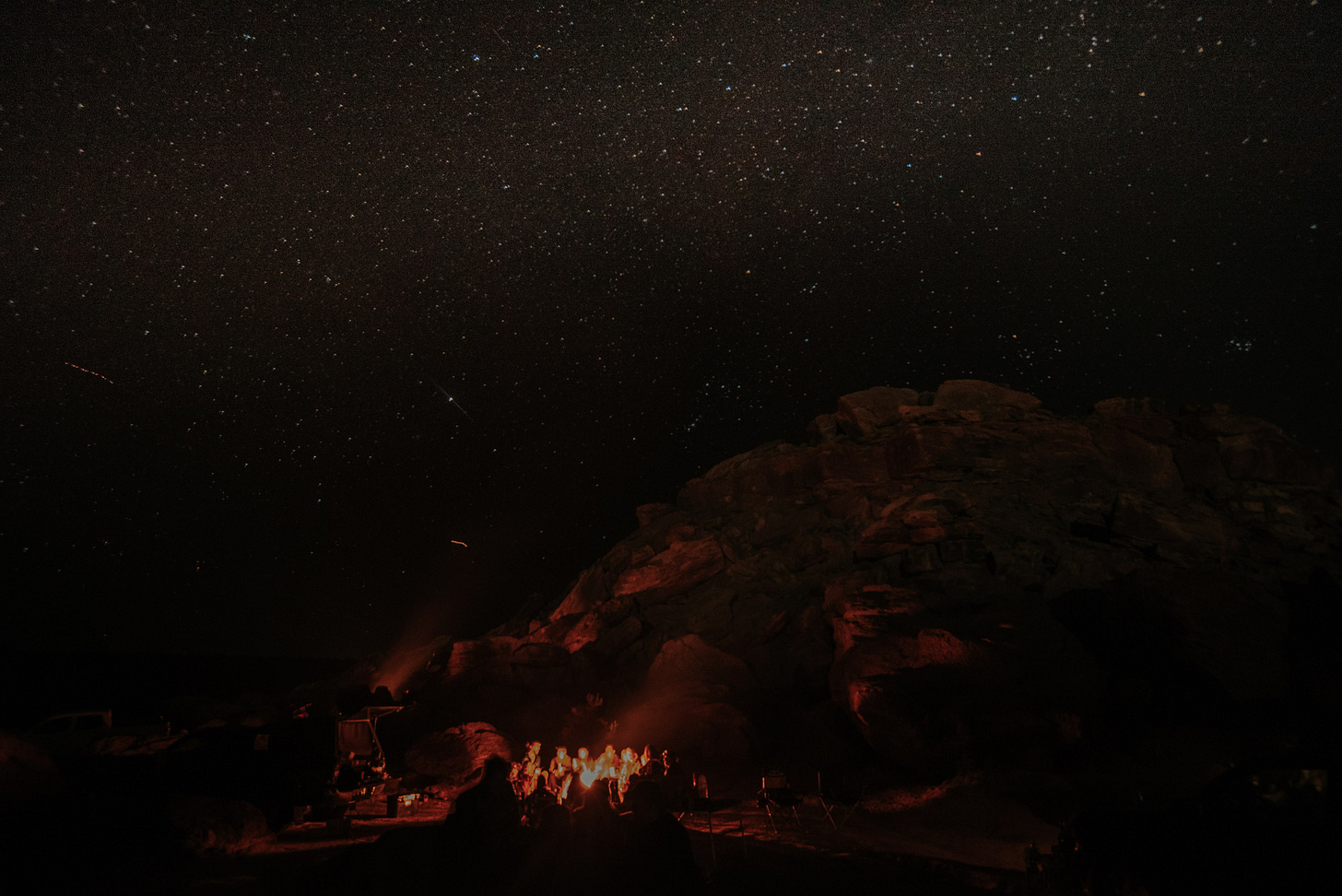Respecting Repose
There's a difference between noise and sound.
When was the last time you experienced silence?
I don’t mean the quiet you get when taking a hike in the woods, or when you wake up in the middle of the night and your house is still and dark. I mean true silence.
Sound is everywhere. Noise is everywhere, too. As I sit in my backyard now, I hear the noise of cars and trucks on the roads around my house. My neighbor’s HVAC units hum along unerringly. A low, deep roar separates itself from the traffic: a plane headed for the airport. Construction workers operate a saw as they build a new house. Obscured by this noise are sounds: the laugh of two friends on a walk, the songs of birds flitting between trees, a soft breeze blowing through the trees.
Sound is a part of the human experience; noise is something that I wish I could live without. At my first job, I would walk about a mile to my office every day for work. My route followed a train track and a street that shifted from a residential side road into one of the major arteries of the town.
It was a nice walk past some beautiful houses that represented a pleasant way to start my day, but over time, I found myself feeling slightly angry when I was walking to work and a car would zoom by without a muffler or team of leaf blowers and lawnmowers would blast a cacophony throughout the neighborhood. The jolts of noise would replace the serenity of my walk with annoyance.
Noise pollution is a real problem.1 Exposure to loud noise can cause numerous health effects like heart problems, stress, hearing damage, and even premature death.2 But this note isn’t about the technocratic reasons to hate noise pollution; it’s about the subjective reasons.
Noise is amazingly difficult to escape. I’m lucky to live in Boulder, which has incredible access to the outdoors, but there’s a tradeoff to that access. Whenever you’re climbing in the flatirons or Eldorado Canyon, or even biking the Betasso loop, you can bet that you won’t escape the sounds of cars, trucks, and motorcycles blasting down the highway or through the canyons. I’ve had the fortune to go to some pretty remote places around the world, but even deep in the backcountry if you stop and listen you will usually hear an airplane rumbling in the distance.
What would a world look like with less noise? The International Dark Sky Places (IDSP) program might offer a model for what placing value on silence could look like. The IDSP program designates places, communities, parks, reserves, and sanctuaries that adhere to policy regimes to reduce light pollution and to ensure that “The night sky, filled with stars, is celebrated and protected around the world as a shared heritage benefitting all living things.” Dark Sky Sanctuaries represent the absolute darkest parts of the world. There are only 15 certified sanctuaries in the world.
The equivalent program for sound would likely be similar places: remote, sparsely-populated, wild. In other ways though, the list would likely be different: the islands that feature heavily on the list, surrounded by the pounding waves of the ocean, might not qualify. Similarly, areas that sit under popular air traffic corridors might fall out.
Wherever the silence sanctuaries might be, I think that existence free of noise, that enables you to enjoy sound, is just as worth celebrating as is the night sky full of stars.
I’m hopeful that things will improve with improvements in technology. Electric vehicles are far quieter than their combustion equivalents, for instance.
Part of the issue of this problem’s neglectedness may be in how we talk about sound. The decibel, the measurement of acoustic power, exists on a logarithmic scale, like the Richter scale for earthquakes. A logarithmic measurement means that 100 dB is not twice as loud as 50 dB, but instead 100,000 times as loud. This unintuitive measurement makes it difficult for people to realize the severity of 1) prolonged exposure to moderate noises, such as a loud restaurant around 80 dB and 2) acute exposure, such as going to a concert where noise levels can be in excess of 120 dB.




Michael - love this one! Well written and I believe that ‘unerring’ is a word that should be utilized more. Just rolls off the tongue. I’m going to send you a video I took last week that is a perfect example of the peaceful sounds of nature and the harsh noise that sometimes surrounds us.